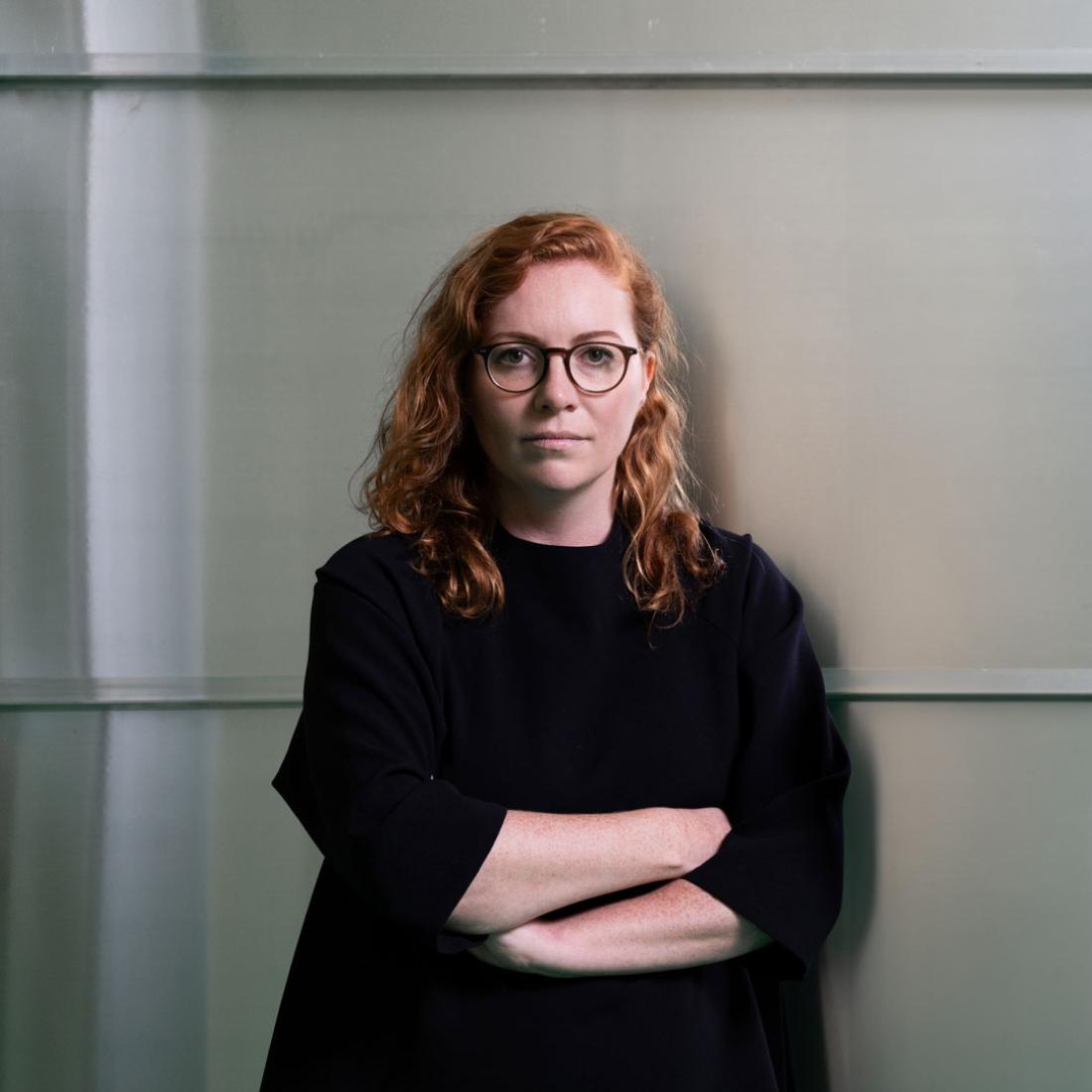
Profile
Brittany Utting is an Assistant Professor of Architecture at Rice University in Houston, TX, and co-founder of the research and design collaborative HOME-OFFICE. Her work examines the relationship between architecture and planetary practices of environmental care. She is the editor of the book Architectures of Care: From the Intimate to the Common (Routledge, 2023) and co-editor of Log 60: The Sixth Sphere (Winter/Summer 2024), which laid the groundwork for the 2024-25 exhibition The Sixth Sphere, curated by Utting. Her writings have been published in The Avery Review, MIT Thresholds, e-flux Architecture, AA Files, Log, and the Journal for Architectural Education, of which she co-edited the issue JAE 79:1: Architecture Beyond Extraction (Spring 2025). Utting has been a MacDowell Fellow in Architecture, the Willard A. Oberdick Fellow at the University of Michigan’s Taubman College of Architecture and Urban Planning, and her work has been supported by the Graham Foundation and the Buell Center. She holds a Master of Architecture from Yale University and a Bachelor of Science in Architecture from the Georgia Institute of Technology. Utting is a registered architect in New York, and prior to co-founding HOME-OFFICE she practiced at Thomas Phifer and Partners as project designer for the Museum of Modern Art in Warsaw.

